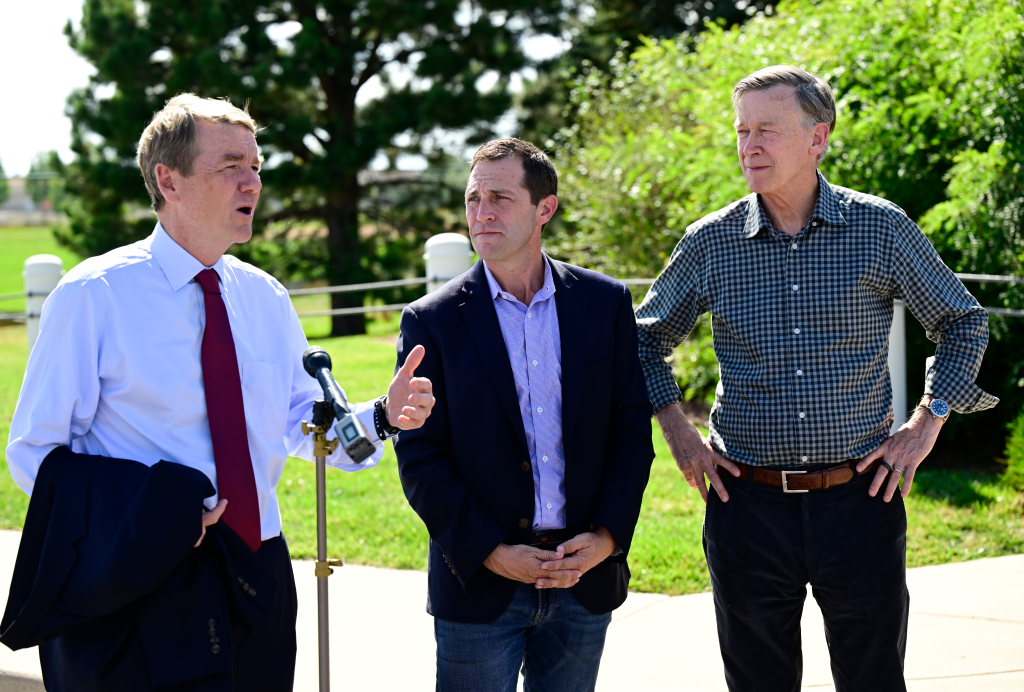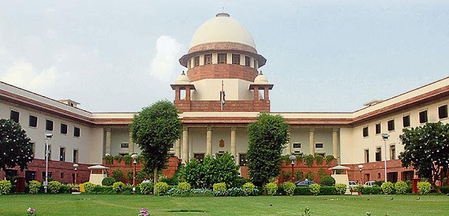By Olatunji Ololade,The Nation
Copyright thenationonlineng

If Nigeria eventually burns to a rubble, let it not be because we didn’t see it coming. Those who would incinerate our homeland, will do so “for the love of country.”
For the love of country becomes our sexiest lie, the curvaceous plague of bleeding-heart activism. Everybody cops a feel.
For the love of country, the call persists for Nigerians to resist President Bola Tinubu’s stringent reforms. The same love purportedly spurred the coalition of disgruntled politicians into a frantic opposition. And for the love of country, dubious demagogues call on the youth to march on the streets, in Nepali Gen Z-style, “to take back our country.”
The call to insurrection spreads like wildfire across Nigeria’s civic space as the Gen Z, instigated by the so-called “old takers” romanticise the seizure of power from the incumbent ruling class, come October 1, Nigeria’s independence anniversary.
Chaos agents have re-emerged in the civic space, baiting insurrection in a manner akin to rubbing a lantern to make a genie appear. What they fail to tell their mindless herds is that the revolution they incite will dawn in a vortex of storms.
Beyond their poesy of agitation and the citizens’ inalienable right to protest, they offer no promise or assurance of security if the protest gets hijacked by anarchists.
Of course, Nigerians aren’t unreasonable for demanding affordable healthcare, education, secure communities, functioning infrastructure, and opportunities to earn a decent living. But these demands while justifiable, must never be countered by ruling class condescension.
Read Also: FG disburses N330bn to households under social protection Programme
President Tinubu must avoid the pitfalls of talking truth to the people. In asserting the needs and urgency for tax reforms, for instance, his administration must avoid any language bordering on conceit and prone to misinterpretation. There are several ways that a terse and simple statement like, “If you want good governance, you must pay your taxes” could be misinterpreted and weaponised by cynical citizenry and desperate opposition.
To manage widespread dissent requires greater patience and tact, particularly in the digital age, where misinformation and rage are easily weaponised and destruction rapidly escalates within hours.
The recent toppling of Nepal’s government by Gen Z protesters may seem a distant horror of Himalayan politics, but it is a parable for Nigeria’s political class, that young people, if ignored and oppressed, become easily manipulable and spurred to violence.
Tinubu governs at the risk of similar disorder. The call for a Gen Z-led “mother of all protests” slated for October 1, should not be dismissed with the wave of a hand, given that the target audience comprises a younger generation bruised by economic hardships.
Although the National Bureau of Statistics (NBS) reported an unemployment rate of 6.5% among 15- to 24-year-olds in 2024, following a controversial change in the methodology for calculating unemployment, labour experts argued that the agency’s previous record, that pegged unemployment at 53.4% of 15- to 24-year-olds,. is more representative of the reality on the ground.
When these unemployed youths band together, as witnessed during EndSARS in 2020, the “10 Days of Rage” in 2024, and more recently, the 2025 Nepali protests, they can destabilise any country.
Already, major online platforms are abuzz with comparisons, with many openly musing about launching Nigeria’s version of the Gen Z revolution. While it is true that an insurrection may be sponsored by foreign interests and opposition parties, it is harder yet wiser, to use the threat of such to engage with the youths who are often targeted and conscripted as canon fodder for actualising the masterminds’ plot for a regime change.
The same social media that galvanises discontent can also be the bridge through which trust is rebuilt, among other platforms. Tinubu’s administration must reengage with the youths, online and offline, with greater candour. His message must explain, in simple but concrete terms; why painful reforms are necessary, how their burdens are being shared, and what timelines citizens can realistically expect for relief.
He cannot afford to let his reforms, however well-intentioned, be perceived solely as instruments of suffering. His administration has taken bold steps—subsidy removal, exchange rate unification, infrastructure investment—but for many Nigerians, the immediate impact is unbearable.
Humane governance means not just announcing reforms but cushioning their impact, communicating their purpose with sincerity, and showing that beneath the government’s fascination with economic indices subsists an undying zeal to dignify human lives.
If Nigerians must brave the constraints imposed by his reforms, let them not see his administration reject the bitter herbs it seasons for the populace. One of the most significant arguments against the ruling class is its predilection for obscene benefits while urging Nigerians to embrace, unquestioningly, greater sacrifice.
Worse still, the flaunting of ill-gotten wealth by the political elite and their progeny, the so-called “Nepo-babies,” fuels resentment. This same phenomenon lit the fuse in Nepal, children of the political class flaunted ill-gotten wealth on social media. The spectacle of privilege rubbed raw against the economic wounds inflicted on the impoverished citizenry and what began as online mockery snowballed into a bloody protest claiming over 72 citizens and dozens of politicians and security officials.
The prime minister was forced to resign, and in the wake of the upheaval, the youths chose a new interim female leader, Sushila Karki. The lesson from Nepal is clear: governments must never ignore the cries of the young.
Tinubu must not wait for the streets to burn before he reengages with the youths. The presidency’s current reliance on so-called friendly press and social media influencers to court goodwill is both inadequate and counterproductive. Rather than command trust, they echo like hired choristers singing a banal hymn.
The youth can identify authenticity and also perceive condescension. What they demand is proof, forthrightness and acknowledgment of their suffering, not rehearsed slogans.
The president must be explicit about what he has done. He should tell Nigerians plainly how much has been given to each state to alleviate hardship, and he must urge citizens, especially the youths, to demand accountability from their governors and legislators. This is not buck passing; it is simply truth-telling. For too long, state governors have escaped scrutiny while Abuja carries the blame for every unpaid salary, road crater and failed healthcare. Tinubu must help redirect the anger of the masses toward constructive civic engagement, where the electorate holds local leaders accountable instead of collapsing all grievances into one Abuja-shaped caricature.
Yet this redirection must be done with empathy. While the president enjoys the support of a small circuit of discerning citizens, who understand that economic reforms come with pain, the wider population live too close to the cliff-edge of hunger to appreciate abstract economics. They want food, jobs, security, and dignity. Today, not tomorrow.
Nigeria is yet to fully recover from EndSARS and 10 Days of Rage, yet the likelihood of another bloody protest looms ominously. Influencers cannot stop it and journalists will turn punching bag in the crossfire, as in Nepal, where the press was branded both by the protesters as government stooges and by the state as saboteurs.
Tinubu must, therefore, forge alliances with credible segments of civil society, student unions, professional associations, and faith communities. These are the bodies that can carry messages of constructive engagement to the grassroots.
By responding more proactively to citizenry dissent, Tinubu can transform potential rebellion into renewed allegiance. If not, neither the National Orientation Agency (NOA)’s Explainer journal nor friendly editorials in the press will be enough to tame insurrection, if anger tips into rebellion.



